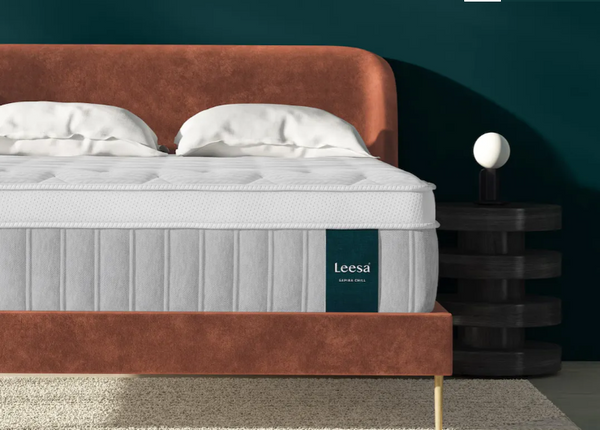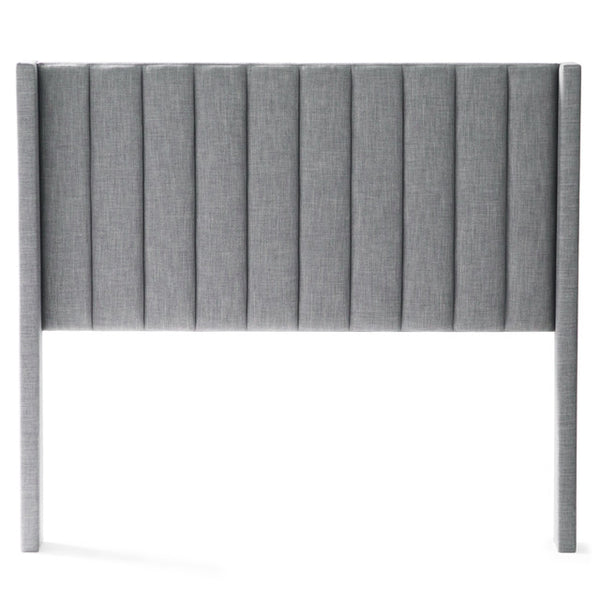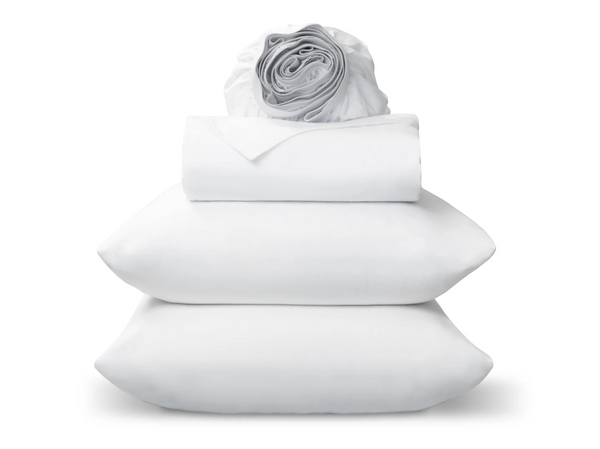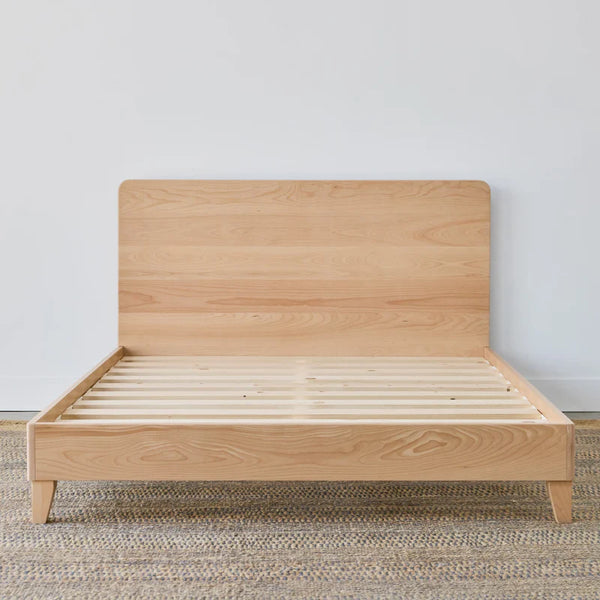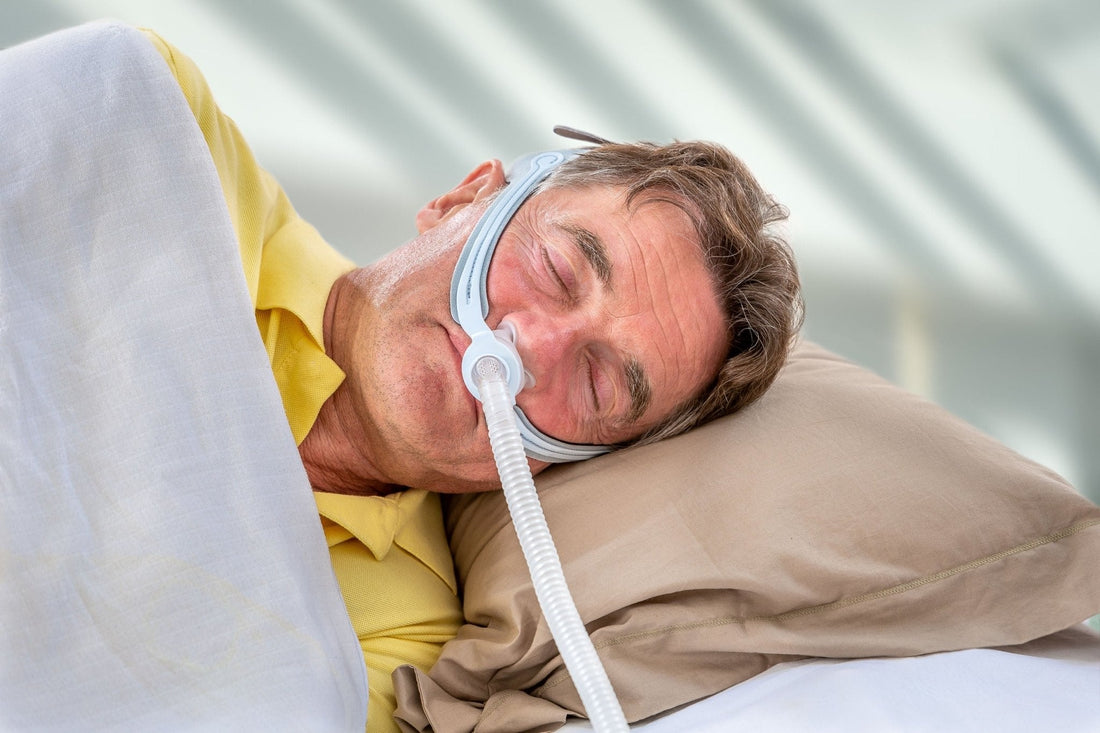
What is Sleep Apnea?
Loud snoring (although not everyone who snores has sleep apnea), feeling tired during the day after having poor quality restful sleep at night and experiencing memory problems or mood changes may all be symptoms of apnea.
Doctors typically diagnose sleep apnea with a physical exam and sleep study conducted in either a clinic or hospital setting, measuring heart, lung and brain activity during sleep.
Obstructive Sleep Apnea
Obstructive Sleep Apnea (OSA) is the most prevalent form of Sleep Apnea. This condition occurs when muscles in your throat relax too much, restricting airflow as you breathe. These include muscles in your back throat, front part of tongue, triangular piece of tissue hanging from soft palate (uvula), tonsils and side walls of throat.
Relaxed muscles can obstruct the airway and slow or stop your breathing for 10 seconds or more, leading to lower oxygen levels in your blood and an accumulation of carbon dioxide in your system. As soon as this occurs, your brain quickly detects this pattern and briefly awakens you from sleep in order to open up your airway - but you may never recall having done it! Often this pattern repeats itself every hour leading to shallower and less restful restful slumber.
Sleep apnea symptoms can be life-threatening and severe, including elevated blood pressure and heart disease. They may also impede on daily activities like driving trucks or train conducting, which require alertness for safety purposes.
Obstructive Sleep Apnea (OSA) risk increases with certain lifestyle factors, including being overweight and/or having a thick neck circumference, being older, being male, health conditions such as snub-nosed noses, enlarged tonsils or narrowed throats and/or being pregnant. These are all risk factors to obstructive Sleep Apnea that you should keep an eye out for and treat immediately if they occur.
Central Sleep Apnea
People suffering from central sleep apnea experience brief interruptions in breathing during sleep due to their brains not sending the proper signals to their muscles regulating breathing. This type of apnea differs from obstructive in that there are no obstructions blocking airways; rather, their brain fails to communicate correctly with those responsible for controlling it - either physically or through communication errors between brain and muscles responsible for respiration.
Sleep Apnea occurs when short awakenings interrupt the normal pattern of sleeping and lead to shallower, fragmented restful slumber. Interruptions may lead to lack of energy and concentration during the daytime hours and could eventually result in serious health concerns like heart disease and high blood pressure if left untreated.
Symptoms of chronic sleep apnea include loud snoring, intermittent pauses in breathing, gasping for air and feeling fatigued during the day. According to Johns Hopkins Medicine, individuals suffering from CSA can stop breathing up to 30 times per hour.
Risk factors associated with chronic sleep apnea (CSA) include severe obesity, certain medical conditions like heart failure and diabetes, Parkinson's disease, stroke, opioids or benzodiazepines use and high altitudes - along with opioids or benzodiazepines use; medications like opioids or benzodiazepines; use of opioids or benzodiazepines; use of opioids or benzodiazepines as well as certain opioid-based pain relievers can worsen this condition further; while doctors can diagnose CSA using polysomnography performed overnight at a sleep center - this test measures oxygen levels, brain activity levels as well as movements from chest and abdomen during sleep - in conjunction with this, CPAP titration study to identify which level of pressure treatment will work optimally; this test can then be combined with polysomnography to diagnose this condition accurately.
Complex Sleep Apnea
Sleep apnea occurs when your brain fails to send regular signals that keep breathing-related muscles working during sleep. It's typically caused by low oxygen levels at higher altitudes; however, other triggers might include certain medications or neurological conditions like amyotrophic lateral sclerosis (ALS or Lou Gehrig's disease), or when you stop using CPAP after treating obstructive sleep apnea.
People living with this form of sleep apnea often snore loudly and wake feeling very fatigued during the day, yet are at an increased risk for heart attack or stroke than people without it. Furthermore, they're likely to have higher blood pressure and diabetes as well.
Untreated sleep apnea increases your risk of accidents, studies showing it as the source of many truck and train crashes and collisions. That is why organizations such as FMCSA and Federal Railroad Administration have advocated for screening requirements to detect this disorder among truck drivers and conductors.
The National Center for Complementary and Alternative Medicine of the National Institutes of Health offers an informative overview of sleep apnea treatment methods, while American Sleep Apnea Association runs advocacy and education campaigns on behalf of people suffering from obstructive sleep apnea such as Alert, Well and Keeping Energetic program.
Treatments
Treatment options depend on the type of sleep apnea you have. Treatment usually includes lifestyle modifications, breathing or oral devices and surgery - although your doctor will determine which combination may work best after conducting a sleep study.
Obstructive Sleep Apnea (OSA) is one of the most prevalent forms of sleep apnea. This condition occurs when something blocks your airway and causes breathing to stop or become shallow for 10 seconds or more at least 100 times per hour while you sleep, leading to low oxygen levels and frequent awakenings from restful REM cycles. Over time this can cause heart disease, stroke, high blood pressure, obesity diabetes depression irritability as well as car accidents.
Central Sleep Apnea (CSA), less frequently seen than OSA, occurs when your brain does not send appropriate signals to your muscles to breathe properly, resulting in poor circulation - something which could potentially contribute to heart disease and stroke.
Weight loss, alcohol restriction and smoking cessation are effective treatments for chronic sleep apnea (CSA). Mouthpieces, surgery to reconstruct the upper and lower jaw or throat as well as targeted exercises targeting tongue and facial muscles can all help. An implanted nerve stimulator may also be effective at helping open airways by activating neck muscles when you begin snoring; helping keep airway open.

